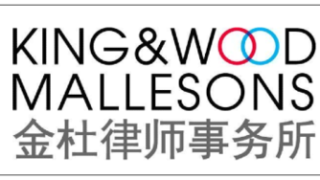Asia-Pacific
Pantech counsel Shogo Matsunaga speaks exclusively to Managing IP about how his team proved Google’s unwillingness, and ultimately secured a landmark SEP settlement
Chunguang Hu of China PAT explains why his ‘insider’ experience as a patent examiner benefits clients and why he wants to debunk the myth that IP has limited value in China
Essenese Obhan shares his expansion plans and vision of creating a ‘one-stop shop’ for clients after Indian firms Obhan & Associates and Mason & Associates joined forces
From AI and the UPC to troublesome trademarks in China, experts name the IP trends likely to dominate 2026
Recently published Special Focus articles
Recently published Special Focus articles
-
Sponsored by AJ ParkWhat happens when a third party files a trademark application for your unregistered trademark?
-
Sponsored by Remfry & SagarIn the first article from an exclusive series on the automotive industry, Gaurav Mukerjee and Raghav Paul of Remfry & Sagar discuss counterfeits in India
-
Sponsored by AJ ParkA registration regime for foodstuff geographical indications (GIs) may soon be on the menu for New Zealand. If this happens, Prosciutto di Parma, Kalamata Olives and Feta will likely be struck off the menu, along with around 2,200 other product names.
-
Sponsored by CCPIT Patent and Trademark Law OfficeDeqiang Zhu of CCPIT examines the different defences available in a patent infringement claim, including the invalidity defence, the non-infringement defence and the prior art defence
-
Sponsored by DEQI Intellectual Property Law CorporationYanling Zhou of Deqi provides an insight into the evaluation report system for patents, used in proceedings relating to utility models and designs
-
Sponsored by Jadong IP Law FirmRebecca Liu and Yunze Lian of Jadong IP Law Firm examine the different aspects involved in the protection of well-known trademarks including the time limit for handling such cases and penalties for infringement




















